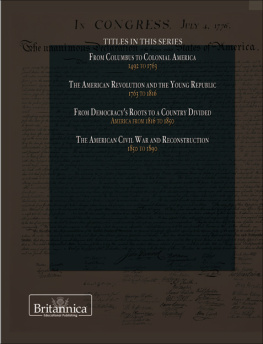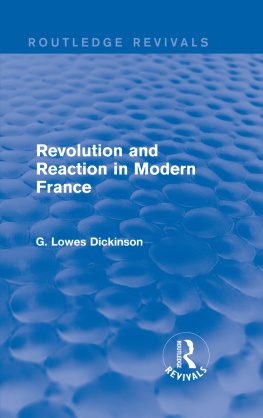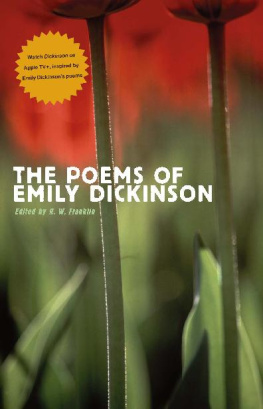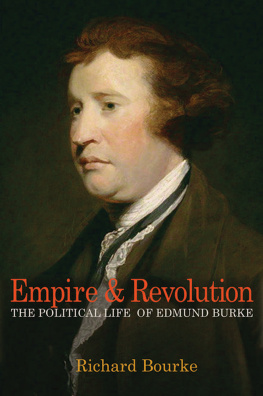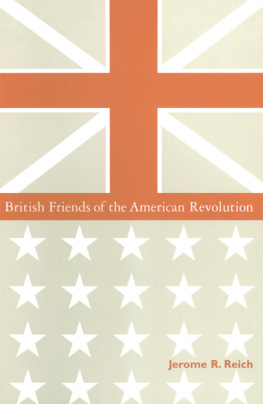Harry T Dickinson - British Pamphlets on the American Revolution, 1763-1785, Part I, Volume 2
Here you can read online Harry T Dickinson - British Pamphlets on the American Revolution, 1763-1785, Part I, Volume 2 full text of the book (entire story) in english for free. Download pdf and epub, get meaning, cover and reviews about this ebook. year: 2021, publisher: Routledge, genre: Politics. Description of the work, (preface) as well as reviews are available. Best literature library LitArk.com created for fans of good reading and offers a wide selection of genres:
Romance novel
Science fiction
Adventure
Detective
Science
History
Home and family
Prose
Art
Politics
Computer
Non-fiction
Religion
Business
Children
Humor
Choose a favorite category and find really read worthwhile books. Enjoy immersion in the world of imagination, feel the emotions of the characters or learn something new for yourself, make an fascinating discovery.

- Book:British Pamphlets on the American Revolution, 1763-1785, Part I, Volume 2
- Author:
- Publisher:Routledge
- Genre:
- Year:2021
- Rating:4 / 5
- Favourites:Add to favourites
- Your mark:
- 80
- 1
- 2
- 3
- 4
- 5
British Pamphlets on the American Revolution, 1763-1785, Part I, Volume 2: summary, description and annotation
We offer to read an annotation, description, summary or preface (depends on what the author of the book "British Pamphlets on the American Revolution, 1763-1785, Part I, Volume 2" wrote himself). If you haven't found the necessary information about the book — write in the comments, we will try to find it.
British Pamphlets on the American Revolution, 1763-1785, Part I, Volume 2 — read online for free the complete book (whole text) full work
Below is the text of the book, divided by pages. System saving the place of the last page read, allows you to conveniently read the book "British Pamphlets on the American Revolution, 1763-1785, Part I, Volume 2" online for free, without having to search again every time where you left off. Put a bookmark, and you can go to the page where you finished reading at any time.
Font size:
Interval:
Bookmark:


- The Rights of Parliament Vindicated, on Occasion of the Late Stamp-Act (1766)
- The Constitutional Right of the Legislature of Great Britain, to Tax the British Colonies in America (1768)
- Shall I Go to War with my American Brethren? (1769)
- The Rights of the Colonies, and the Extent of the Legislative Authority of Great-Britain (1769)
- Considerations on the Expediency of Admitting Representatives from the American Colonies into the British House of Commons (1770)
- The Right of the British Legislature to Tax the American Colonies Vindicated (1774)
- The Right of the British Legislature to Tax the Colonies Considered (1774)
- The American Crisis (1774)
Font size:
Interval:
Bookmark:
Similar books «British Pamphlets on the American Revolution, 1763-1785, Part I, Volume 2»
Look at similar books to British Pamphlets on the American Revolution, 1763-1785, Part I, Volume 2. We have selected literature similar in name and meaning in the hope of providing readers with more options to find new, interesting, not yet read works.
Discussion, reviews of the book British Pamphlets on the American Revolution, 1763-1785, Part I, Volume 2 and just readers' own opinions. Leave your comments, write what you think about the work, its meaning or the main characters. Specify what exactly you liked and what you didn't like, and why you think so.

